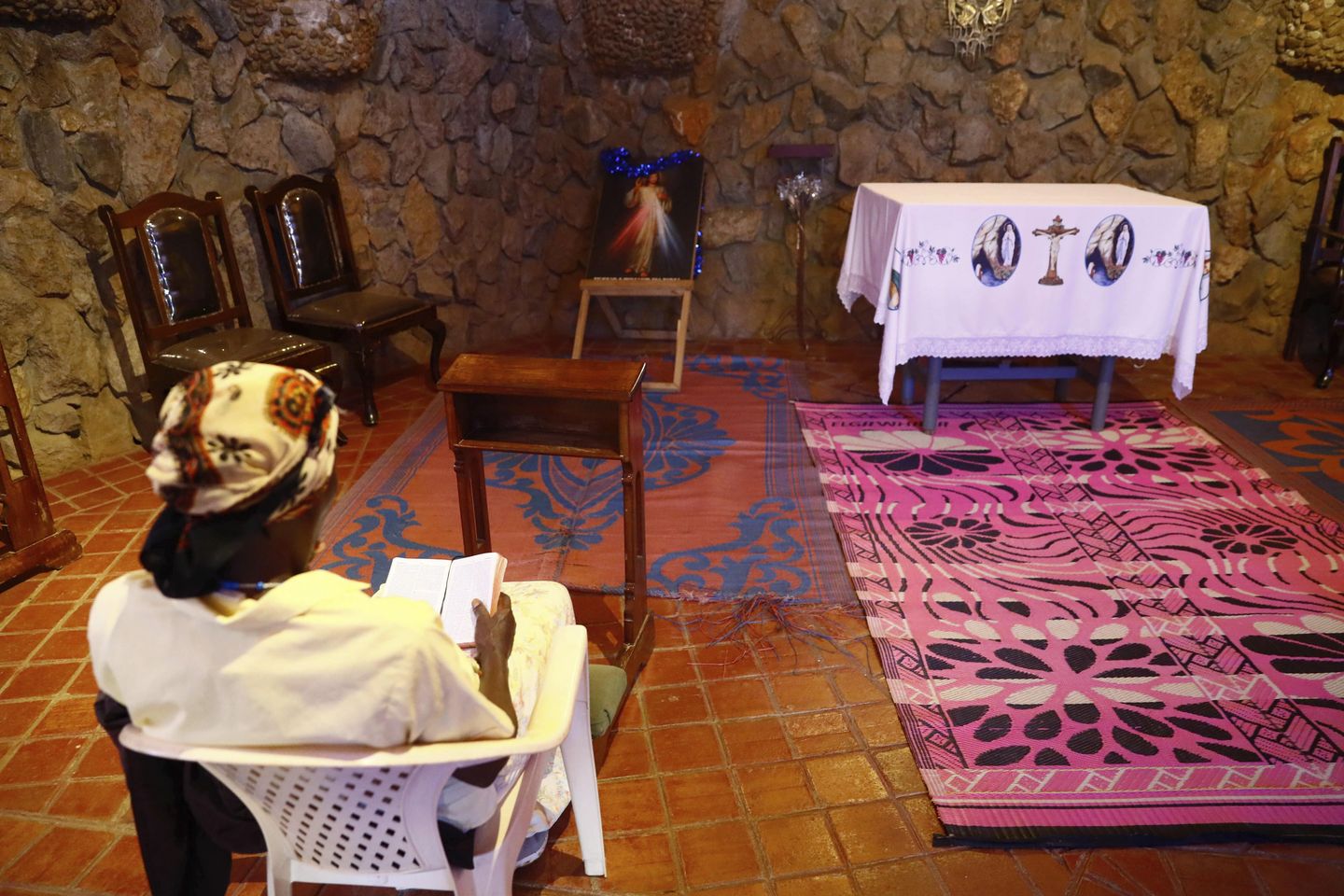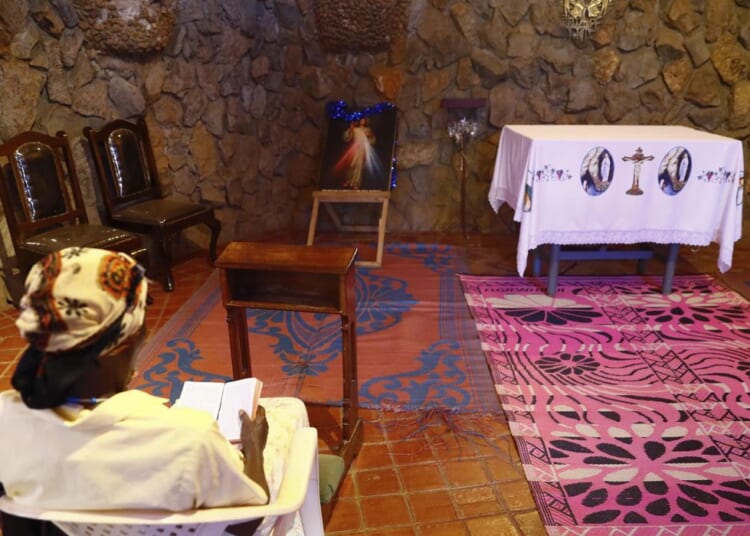
The Vatican’s doctrinal office head on Thursday appeared to provide an “out” for clerics not on board with its declaration last week that priests can bless individuals in “irregular” relationships, including same-sex couples, so long as the prayers do not mimic a marriage ritual.
Cardinal Víctor Manuel Fernández, prefect of the Dicastery for the Doctrine of the Faith, told the Spanish newspaper ABC, “it’s proper for each local bishop to make that discernment” about whether those blessings should be permitted in their diocese.
The prelate noted the dilemma posed by “Fiducia Supplians,” released on Dec. 18, in which the church declares such blessings may be performed. In Africa, he told the newspaper, “There is legislation that penalizes with prison the mere fact of declaring oneself to be gay, imagine [what a] a blessing [would do]” in such a situation.
Cardinal Fernández’s comments were reported by the Catholic News Agency, an independent news service operated by EWTN, itself a private Catholic satellite and cable network.
While the move to grant such blessings was hailed by one advocate as “a tremendous step forward in the church’s relationship with LGBTQ Catholics,” it also provoked a strong reaction from those opposed to the move, with one critic blasting it as “creating scandal and confusion.”
Church leaders in Germany, Austria and France quickly endorsed the move, media reports indicate, while the U.S. Conference of Catholic Bishops emphasized that the declaration did not change church teaching on marriage.
But two church leaders in Kazakhstan — Archbishop Tomasz Bernard Peta of the Metropolitan Archdiocese of St. Mary in Astana, and Auxiliary Bishop Athanasius Schneider — flatly rejected the new policy and said Pope Francis, under whose name the document was issued, “does not walk uprightly according to the truth of the Gospel,” quoting Galatians 2:14.
Bishops in Malawi and Zambia also barred their priests from issuing such blessings.
Cardinal Fernández insisted that offering an informal blessing is not “accepting a marriage, nor is it a ratification of the life they lead, nor is it an absolution. It is a simple gesture of pastoral closeness that does not have the same requirements of a sacrament.”
The prelate labeled the view that such blessings were a “first step” towards the acceptance of same-sex marriage as “totally incorrect,” saying those who believe that “has either not read the text or is ‘in a bad mood,’” the newspaper reported.

